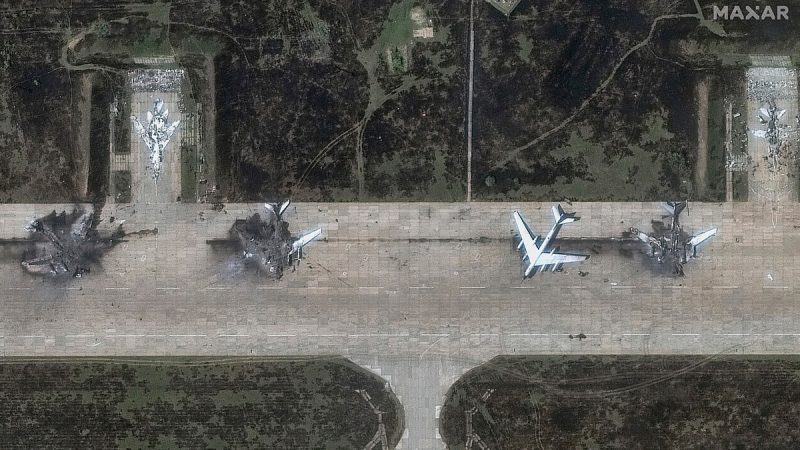By all appearances, the world is edging perilously close to the brink of a catastrophic global conflict. In just the past few days, five deeply troubling developments have emerged — each significant on its own — but taken together, they form a pattern too urgent to dismiss. Viewed in context, these events expose a rapidly deteriorating international order, where diplomacy is failing, deterrence is weakening, and the risk of multi-theater war is rising sharply.
First, Ukraine’s audacious drone strike deep inside Russian territory — reportedly destroying or damaging a significant share of Russia’s strategic bomber fleet — bears the hallmarks of Western involvement. While Kyiv claimed responsibility, the attack’s sophistication, including precise long-range targeting and coordinated timing, suggests U.S. or NATO intelligence and technological support.
Former intelligence officials have even pointed to likely CIA or allied agency involvement. Whatever the true origin, Moscow now sees itself not merely at war with Ukraine, but with the broader Western alliance. Russia’s retaliation — whether cyber, kinetic or covert — could spiral well beyond the front lines.
Second, efforts to rein in Iran’s nuclear ambitions have collapsed further. Supreme Leader Ayatollah Ali Khamenei publicly rejected a U.S. proposal that would have permitted tightly restricted low-level uranium enrichment. Denouncing the offer as ‘100% against our interests,’ he reaffirmed Iran’s demand for full sovereign enrichment rights.
With Israel openly contemplating military action and negotiations at a standstill, the Middle East stands on the edge of a potentially region-wide conflagration — especially if Iran accelerates toward weapons-grade enrichment.
Third, a highly anticipated phone call between President Donald Trump and Russian President Vladimir Putin yielded no diplomatic breakthrough. Though both men discussed the escalating war and the drone strike, the call ended with no commitments, no ceasefire, and no plan for de-escalation.
Trump admitted it was not the kind of conversation that would bring peace. Instead, the call served to underscore how deeply entrenched the conflict has become — and how narrow the remaining diplomatic off-ramps now are.
Fourth, a chilling threat emerged on American soil. Federal prosecutors charged a Chinese national couple with attempting to smuggle Fusarium graminearum into the U.S. — a crop-killing fungus labeled by the Justice Department as a potential ‘agroterrorism weapon.’ The pathogen can devastate wheat, barley and corn, and its toxins are harmful to both humans and livestock.
The couple is linked to Chinese state-sponsored research and is suspected of prior smuggling attempts. Whether or not this plot was state-directed, it underscores an alarming vulnerability: America’s homeland is increasingly exposed to unconventional threats from hostile actors.
Fifth, U.S. Secretary of Defense Pete Hegseth warned that China may be preparing to launch a full-scale invasion of Taiwan. Speaking at the Shangri-La Dialogue in Singapore, he declared, China ‘is rehearsing for the real deal.’
With Beijing ramping up military drills and tightening its rhetoric, the Taiwan Strait has become a powder keg. Should China act, U.S. intervention would be virtually guaranteed — potentially igniting a major conflict in the Indo-Pacific.
Together, these flashpoints paint a stark picture of a world in crisis. Three nuclear powers — Russia, China and Iran (potentially) — are simultaneously testing Western resolve.
The United States faces a mounting burden to deter aggression on multiple fronts, with few diplomatic successes to lean on. Traditional tools — talks, sanctions, summits — are proving inadequate. What remains is a binary choice: step back from global leadership or confront rising threats in Europe, the Middle East and Asia, possibly all at once.
This is not alarmism. This is convergence. With diplomacy unraveling, adversaries emboldened and the homeland no longer secure, the global order is careening toward synchronized escalation. The world is not yet at war — but it is teetering dangerously close to systemic conflict that could engulf major powers and redraw the map of the 21st century.
The warning lights are flashing red. The only question now is whether the world will act — or continue its drift toward fire.

























